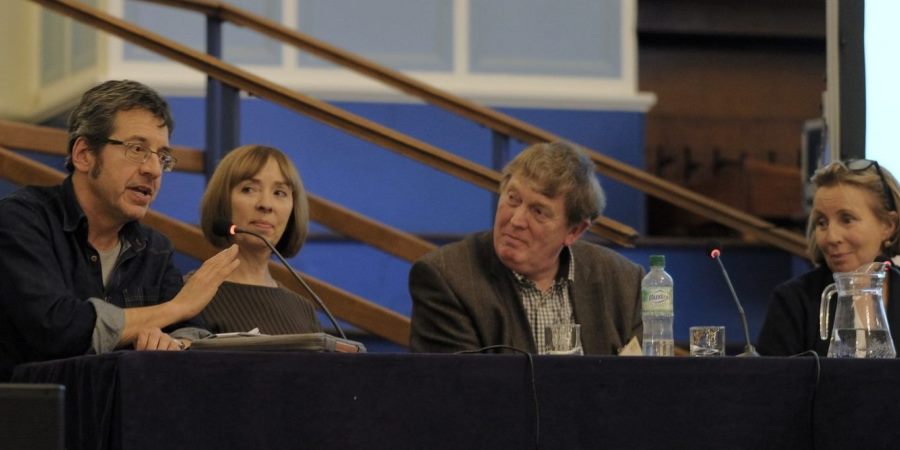Speakers at the Oxford Real Farming Conference have contested evidence which looks at the environmental impact of the meat industry.
Keynote speaker and presenter of Channel 4’s ‘Apocalypse Cow’ documentary, George Monbiot, spoke about increasing the threat of global warming by intensive agriculture, before outlining hi-tech solutions to combat the carbon footprint generated from traditional farming practices.
Monbiot argued that there is a need to remove all farm animals in order to allow the natural world to regenerate and prevent irreversible climate change. He also gave his backing to hi-tech solutions and argued that lab-grown meat and protein produced from hydrogen and air are the future and will be able to feed us all in a few years without farmland being used, except for the growing of organic vegetables from stockless systems.
However, while Sustainable Food Trust (SFT) policy director, Richard Young, agreed with Monbiot’s points regarding the environmental impact of farming and agriculture, Young cited a series of ‘exaggerated claims, occasional misquoting of a source and global statistics not relevant to the UK.’
In one example, Young showed how in the Channel 4 programme Apocalypse Cow, it was said that the carbon footprint of eating 4kg of beef is greater than that of flying from London to New York and back, but data from a paper Monbiot has previously used himself shows that the figure has been inflated by 400%, based on the most extreme example, and 2200% for the best examples from the UK.
Another claim that, although roughly twice as much land is used worldwide for grazing as for crop production, it provides just 1.2% of the protein we eat, was also challenged by Young, whose own calculations found that UK grassland actually produces 25.6% – 31.5% of protein per person per day, not 1.2%.
The debate
Speakers also discussed the dietary impact of a plant-based diet, where journalist and food writer, Joanna Blythman, who has researched the nutritional impact of a plant-based diet, said: “For me, any diet that automatically leaves you nutritionally deficient in essential micronutrients, a diet, which by definition, isn’t nutritionally complete enough to sustain healthy human life is a non-starter.”
Blythman also analysed the global EAT Lancet diet which recommends only small amounts of food sourced from animals and pointed out how this would be inappropriate for parts of the world where the population suffers from under-nutrition.
“When ideologues living in affluent countries, countries where obesity and Type-2 diabetes are rampant, pressurise poor countries to eschew animal foods and go plant-based, they are displaying crass insensitivity, and a colonial White Saviour mindset” said Blythman.
Patrick Holden, CEO of the SFT, ended the session by addressing Monbiot, calling for collaboration between his ideas and traditional farming practices: “We need your support. We need to get back to producing food in harmony with nature without diminishing our natural capital.”









